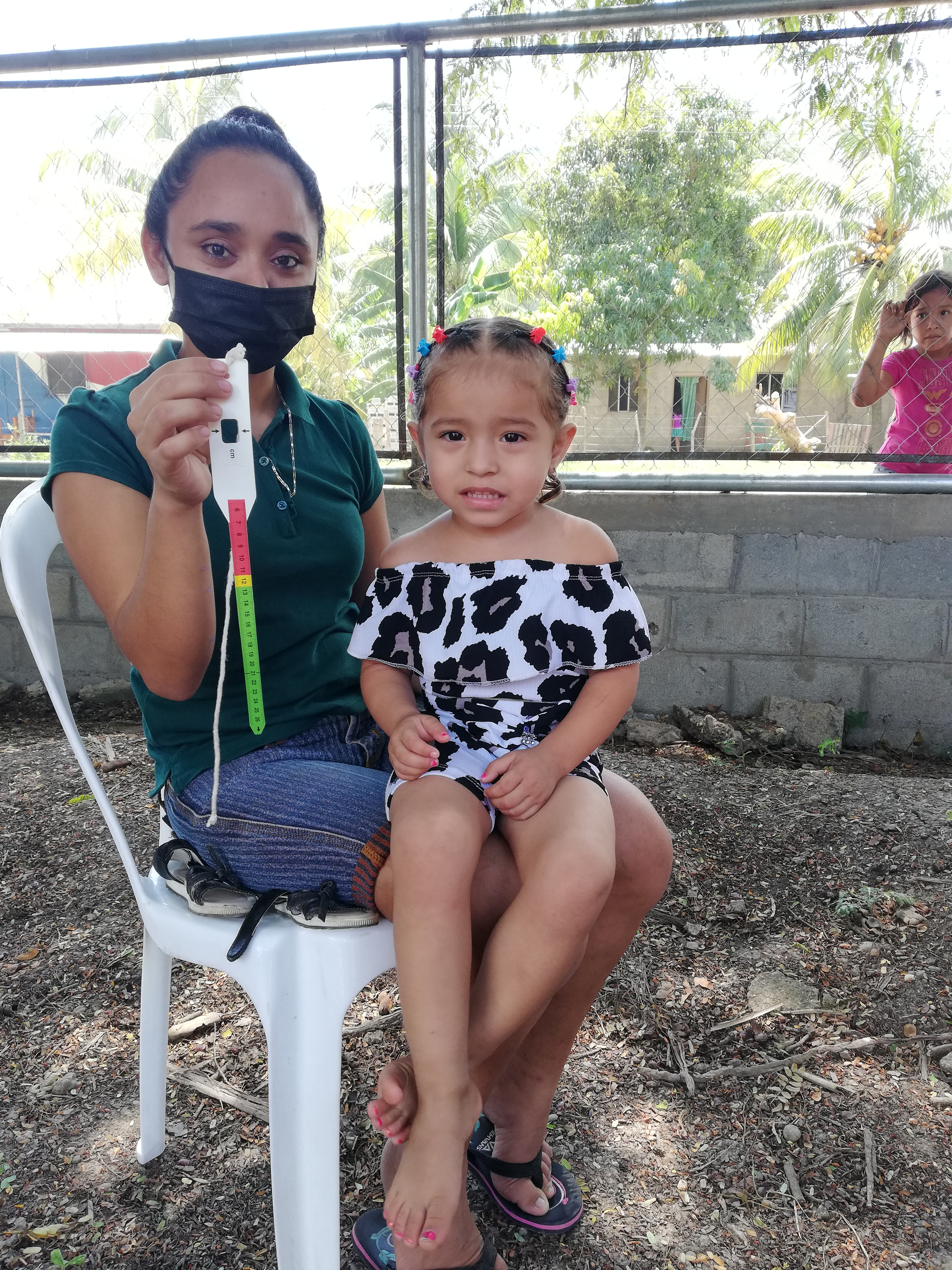Request support on coordination, information management, integration for nutrition outcomes or technical nutrition in emergencies assistance.
التماس الدعم لتنسيق التغذية وإدارة المعلومات والتغذية في حالات الطوارئ
Demander un appui pour la coordination de la nutrition, la gestion de l'information et la nutrition dans les situations d'urgence
Buscar apoyo para la coordinación de la nutrición, la gestión de la información y la nutrición en situaciones de emergencia
Solicite apoio para coordenação em nutrição, gestão de informação e nutrição em emergências
Honduras has one of the most unequal distributions of income and resources in the world, a population where more than half live below the poverty line. The country is characterized by inequitable access to land, insufficient food production, high unemployment and frequent exposure to natural disasters. Food insecurity and malnutrition have worsened because of droughts in the southern and western regions of the country, known as the Dry Corridor and in the rest of the country because of the effects of the COVID-19 pandemic and the hurricanes Eta and Iota in late 2020.
Due to these challenges, CMAM Advisor, Elena Rivero was deployed to support the scale-up of a pilot project of integrating CMAM into the national health strategy being implemented by Save the Children Honduras and three local partners - Child Fund, Llaves and Ciudad Mujer. The CMAM component of this project aimed to prevent the deterioration of the nutritional status of children under 5 and pregnant and lactating women (PLW) and support the management of cases of global acute malnutrition at the community level through 20 health centers stretching across three states.
With a tight timeframe and ambitious targets, there was much for Elena to accomplish during her deployment. "The pre-setup tasks alone absorbed significant amounts of time. We had to develop or adapt all the procedures, guidelines and tools to fit the local context to get the programme up and running from scratch; such as developing a Toolbox that covered implementation, planning and monitoring, and a training package covering operational guidelines. All this needed to be done before we could really tackle the project objectives! With an overall project implementation time of 5 months, we were stretched to see our target project indicators achieved.” said Elena.
Not only was the time a concern for Elena and her team, but also COVID-19 continued to restrict activities, including face-to-face training.
“We were preparing to directly train health staff who would work in the health centres but due to the COVID-19 restrictions, our method needed to change. We switched to an online-training model where the health workers would be self-trained directly through the online platform. This approach could be an effective solution to training more staff and scaling up our nutrition response.”
As Elena’s deployment reached its end, significant results could be seen as community volunteers completed their training in the detection, referral and follow-up along with the training of NGO staff and Partners. Through community mobilization, key messages and sensitization materials were delivered. Step-by-step guidelines for Family MUAC were piloted and rolled out. Health staff were and continue to be trained using the self-directed online training model!
Elena’s deployment and support of Save the Children Honduras, demonstrate her and the Alliance’s commitment to combat malnutrition, and the ability to be agile, sustainable and responsive in the face of the COVID-19 pandemic, even with short project cycles.

Banner photo: Training by Save the Children Honduras
